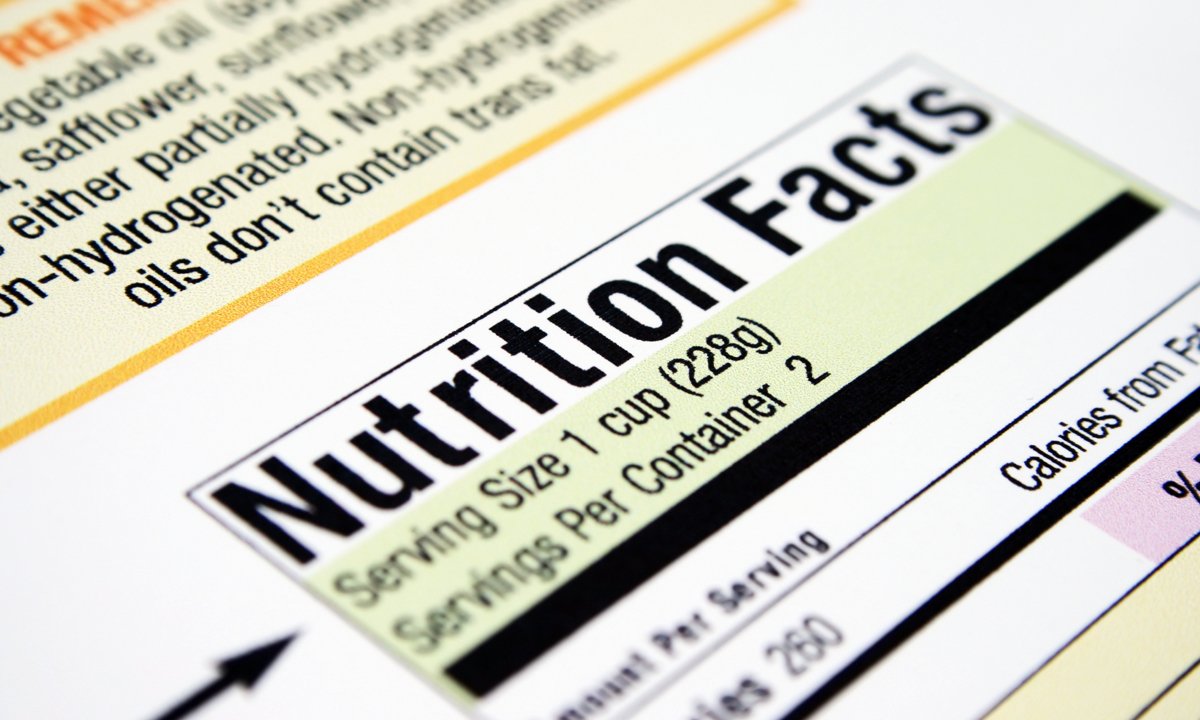The following information is available in more depth from pages 39-41 of your About Carcinoid Nutrition Guide provided by TerSera.
You’ve been learning about the different foods and nutrients that support a healthy GI NET diet. To put that into action, it’s important that you learn about how to read the Nutrition Facts label in order to identify these essentials when you are making food choices.
Serving Size vs. Portion Size
A serving is a measured amount of food. When reading the Nutrition Facts label it is important to note the serving size as all of the values will be based on one serving.
A portion is the actual amount of food you decide to eat. For those with GI NETs, it may be beneficial to have smaller, more frequent portions and avoid large portions in one sitting.
Percent Daily Value
The percent daily value tells you how many nutrients are in one serving. For example, if the label lists 25% of Vitamin D, then one serving contains 25% of your daily value of Vitamin D.
Important: The Percent Daily Value is based on a 2000-calorie diet, this may not be right for everyone and you should talk to a registered dietician to find out how many calories you should be eating and drinking each day.
Types of Fat
Fats are a good source of energy and may help your body absorb essential nutrients.
Unsaturated fats are more heart-healthy than saturated fats. The Nutrition Facts Label does not always list unsaturated fats, some good examples to look out for are nuts, vegetable oils, and fish.
Saturated fats should always be included on the Nutrition Facts label and should be monitored carefully. It is a good idea to avoid foods like butter, vegetable shortening, and coconut oil, that are high in saturated fat.
What else should you look out for?
Sugars: Try to avoid foods that are high in sugar. Reach for foods with less than 12g of sugar per serving.
Proteins: Proteins support a healthy NET diet. Keep in mind that some aged foods may be high in amines.
Vitamins: Vitamin D is important for a healthy NET diet because it promotes the absorption of calcium in the small intestine, improves muscle strength, supports immune function, and reduces inflammation.
Want to know more?
Your CNE is available to help you with any questions or concerns you might have surrounding your diet. For more information on ‘Get The Facts: Reading The Nutrition Facts Label’ go to your About Carcinoid Nutrition Guide provided by TerSera.


